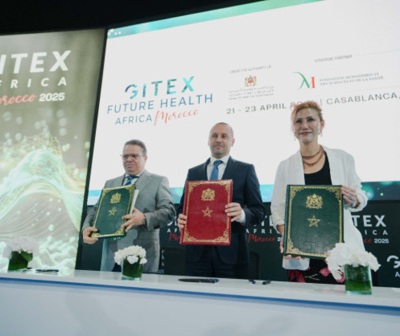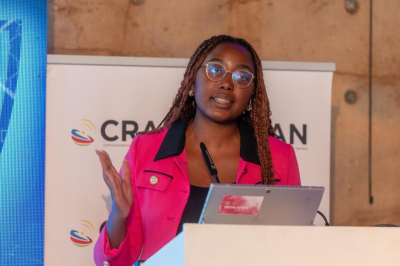The connected object industry has expanded quickly over the past ten years. Thanks to the new usages allowed by the 5G, it will grow further, becoming an important source of employment in Africa, where there is still a lack of skilled labor in advanced technology sectors.
Four partners will launch a 3-year online Internet of Things (IoT) training program next September. The four partners are notably the virtual universities of Mali, Senegal, and Tunisia and the Franch National Institute of Applied Science (INSA), through its virtual academy OpenINSA.
According to a release, dated June 23, announcing the training program, it will include courses on the security and architecture of connected objects, the architectural maintainability and reliability of a connected object, the development of digital apps to interact with connected objects, and the basics of data science.
"The resources developed in the framework of this partnership are placed under a Creative Commons license. They are accessible to project partners’ teacher-researchers in the research section,” indicated Jean-Yves Plantec, the director of OpenINSA. For the director, the main strength of the education project announced is its ability to federate a strong community for its implementation.
The four partners started developing the project in 2019, in the framework of the Support for the development of French Higher Education in Africa (ADESFA). The project entered a new phase between 2020 and May 2022 when the partners focused on the development of an online program accessible primarily to second-year undergraduate students, but also to employees and those seeking professional retraining. At the end of the 3-year training, the learners will constitute a high-quality labor force for innovative sectors.
The connected object industry has expanded quickly over the past ten years. Connected wristbands, watches, speakers, and similar tools have become part of our daily life. According to Banque des Territoires, between 2018 and 2019, 2.5 billion connected objects were sold worldwide.
Samira Njoya



















